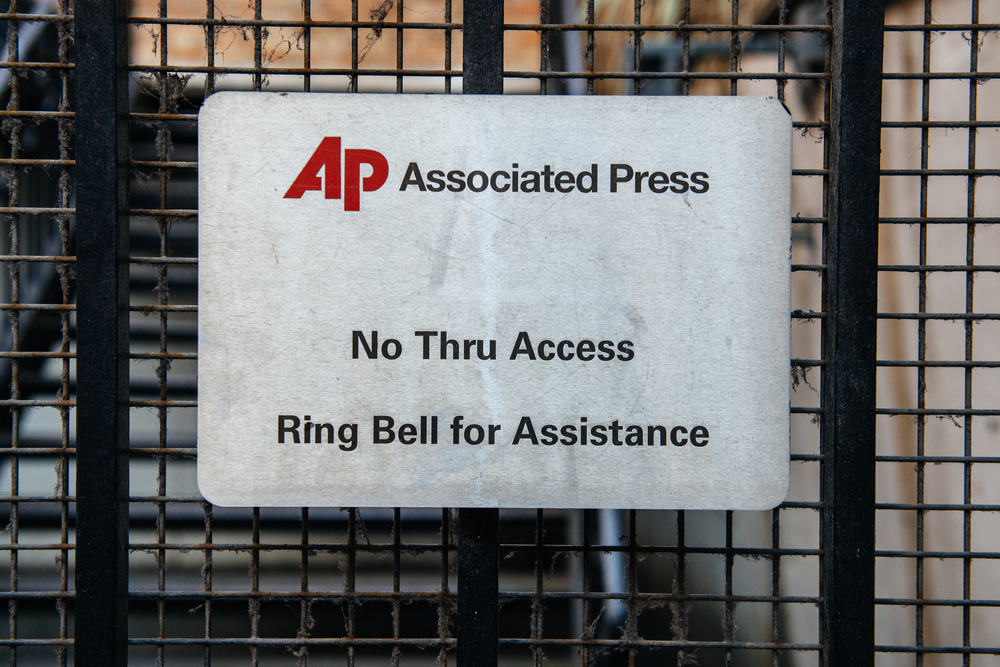News Giant Associated Press Partners Blockchain Journalism Startup Civil

The Civil Media Company and The Associated Press (AP) have announced a partnership to license AP news content for use by newsrooms that use Civil. The news was revealed in a blogpost on Civil’s website on Tuesday, August 28.
Potential Synergy Between Civil and AP
Under the terms of the agreement, AP will deliver news content – local and international – to Civil, giving newsrooms easy access to it through Civil’s platform. Newsrooms that want to access AP content through Civil will still need to be licensed directly by AP.
As part of the collaboration, AP will own a number of Civil’s CVL tokens, and the news giant has stated that it intends to use the partnership to explore how Civil’s blockchain platform can help it to track content usage and consumption trends, secure its intellectual property rights and support ethical journalism across the Civil economy.
Speaking about AP’s hopes for the collaboration, Jim Kennedy, AP’s senior vice president for Strategy and Enterprise Development said:
“AP has been pushing into new digital territory for more than two decades, and Civil is opening up another new space with interesting technology to explore and a commitment to good journalism. We’re eager to help cultivate the space and demonstrate our value to a new set of digital publishers.”
AP has previously indicated interest in exploring how blockchain technology can be applied to existing journalism models. The partnership with Civil will potentially allow it to find solutions to some basic journalism problems like establishing ownership, effective licensing and ensuring ethical behavior.
In May 2017, CCN.com reported that Warsaw-based blockchain startup Userfeeds built a solution for stopping the spread of fake news by linking social media to its Ethereum blockchain platform. The solution links blockchain tokens to the news that is important to the reader, effectively creating a reputation currency scheme.
Using Civil, news organizations like AP will be able to establish the origin and rights ownership of content and carry out flexible and enforceable licensing using Ethereum smart contracts. It will also be possible to better track content usage and consumption across the internet.
Moreover, the reward for quality content sourced ethically is baked into its constitution, which according to Civil will get stronger as the community gets bigger.
The statement from Civil reads in part:
“From day one, we’ve said that we’re committed to partnering with organizations large and small that are committed to promoting ethical journalism standards. We’re not trying to reinvent those on Civil; we’re trying to reinvent the way they’re enforced. We want to build a new economy for journalism, where ensuring quality is the primary incentive for all participants.”
Civil has also revealed that longside AP, initial participants also include the International Center for Journalists (ICFJ), the European Journalism Centre, the Reynolds Journalism Institute at the Missouri School of Journalism, University of Southern California Annenberg School for Communication and Journalism and the News Co/Lab at Arizona State University.
In June, CCN.com reported that a group of journalists who left the Denver Post partnered with Civil to start up a publication called the Colorado Sun. According to Civil, its ownership structure removes the chance of a small group of investors or a sole company controlling the editorial policy of a news outlet.
Featured image from Shutterstock.